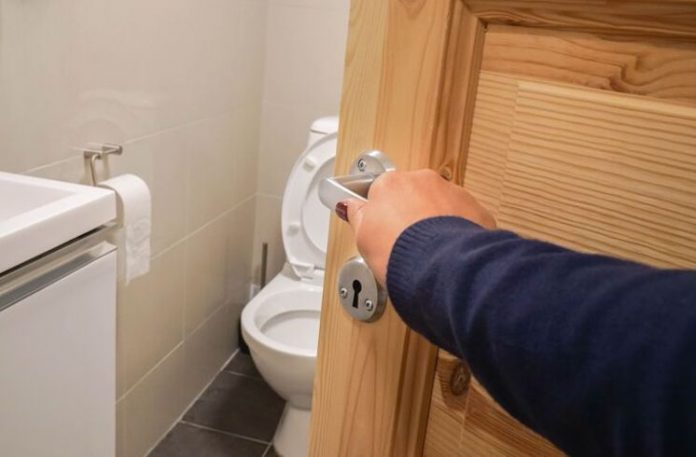During the height of summer, the number of travelers skyrockets, but there are certain visitors that nobody wants to host, no matter the time of year. Pests of any kind—especially those that carry illnesses and tear apart properties—are especially unwanted. Unfortunately, they often enjoy the warmer weather as much as humans do.
All pests carry their own menaces. How to combat these potential hazards is key to maintaining a respectable property and providing an excellent experience for guests. For many hoteliers, the main pests to consider during the summer months are mosquitoes or others associated with outdoor spaces, but often overlooked are those in search of shelter and water. Both resources are readily available in damp, dark areas, such as washrooms. In addition to the unpleasantness that comes with an unclean washroom, pests can add another layer of damage to a property beyond a bad reputation.
An integrated pest management (IPM) program is a proactive way to address not just the pests as they arrive, but the root of the issues and the entrance routes for these critters. Working with a pest management professional to incorporate specific strategies is the best place to start.
Below are four areas to be attentive to when it comes to washrooms.
Toilets and Plumbing
It’s important to implement restroom products and services that are made to help keep them clean and fresh, reducing the spread of germs through manual contact and helping to lessen pest pressure at a facility. Unclean toilets can produce odors that attract pests such as flies and cockroaches. Be sure to monitor stalls, toilet fixtures, and urinals regularly.
Consider installing the following devices to help minimize pest activity and take some of the burden of daily maintenance off hotel staff:
• Automatic flushers—Toilets in commercial bathrooms can lead to bad odors and unsanitary conditions if not flushed regularly. Motion detectors used to automatically flush toilets reduce buildup and the spread of bacteria through manual contact.
• Automatic cleaners—These help prevent calcification, rust, stains, and bad odors in urinals and toilets.
Bathroom Floor and Drains
With constant foot traffic, the bathroom floor and floor drains can be some of the dirtiest places. If not properly cleaned on a regular basis, drains can attract pests like cockroaches and small flies. Additionally, floor drains often produce pungent odors caused by the buildup of food, grease, and other decaying organic matter. Here are a couple techniques for getting rid of any offensive odors and keeping all bathroom drains pristine:
• Be mindful when cleaning restrooms with wet mops. Water left behind from mopping can attract pests, and they can use moist mop heads as a breeding ground. It’s important to make sure all water is completely dried up, and mops are washed and dried before storing.
• Consider using bio-enzymatic cleaning solutions to break down tough stains and gunk on floors and around drains. These natural, non-toxic solutions physically break down organic molecules, eliminating airborne odors at their source.
Faucets and Sinks
Faucets and sinks are prime locations for the buildup of excess water—and even the smallest drop will attract pests and keep them alive. Hotel staff should pay close attention to the sink area to ensure pests stay out of the picture:
• Fix any broken sinks and faucets in the restroom to prevent leaks.
• Seal all cracks and crevices around bathroom fixtures, sinks, and plumbing penetrations to prevent pests from taking up shelter in wall voids.
Garbage Cans
Controlling dumpster and trash chute odors is difficult because they often are comprised of many different types of waste. In fact, odors change over time as trash can produce bacteria, as well as leak out of dumpsters and trash chutes in later stages of decay.
The key to successful odor elimination is stringent sanitation. Below are a few practices to help combat the dumpster and trash chute threat:
• Work with a waste management company to regularly remove all trash from the property.
• Don’t leave trash next to the building or around the dumpster or trash chute openings—trash and debris should always be kept in either dumpsters or outdoor waste bins.
• Place dumpsters as far from the building as possible and rotate them with clean units regularly.
Work with pest management professional to tighten up a hotel’s sanitation program and implement the restroom maintenance tips addressed above. While the most loyal guests may deserve a free one-night stay at the property, pests should never be granted that honor.











